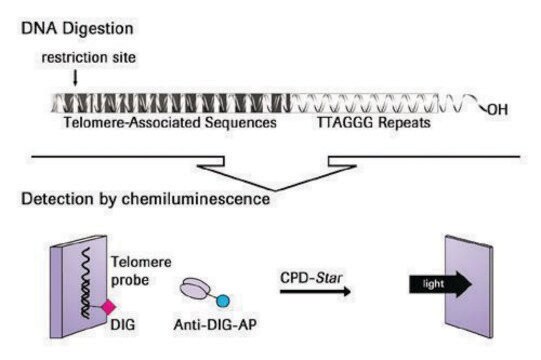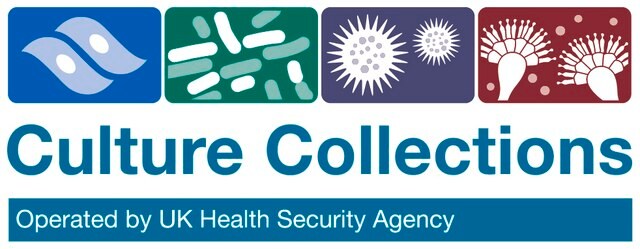Recommended Products
Product Name
BF-2, 00021712
biological source
fish caudal trunk
growth mode
Adherent
karyotype
2n=48, stem-line = 48 with scattering from 36-121
morphology
Fibroblast-like
products
Not specified
receptors
Not specified
technique(s)
cell culture | mammalian: suitable
shipped in
dry ice
storage temp.
−196°C
Cell Line Origin
Fish, bluegill fry
Cell Line Description
The cell line BF-2 has been derived from a trypsinised suspension of pooled caudal portions of the trunk of 1 year old fingerlings of Bluegill fry (Lepomis macrochirus). Cells have been reported to be susceptible to a variety of fish viruses including lymphocystis virus, viral haemorrhagic septicaemia virus (VHSV), infectious pancreatic necrosis virus (IPNV) and tadpole edema virus (TEV) of frogs. The cell monolayer is confluent after 48-56 hours using a 1:4 split ratio. Catalogue no. at CCLV (depositor) is RIE 193.
Culture Medium
EMEM(EBSS) (M2279) + 2mM L-Glutamine (G7513) + 1% Non Essential Amino Acids(NEAA) (M7145) + 120 mg/l Sodium Pyruvate(NaP) (S8636) + 10% FBS / FCS (F2442).
Subculture Routine
Split sub-confluent cultures (70-80%) 1:4 to 1:6 using 0.25% trypsin or trypsin/EDTA; cells replicate at 15-33ºC, optimal temperature 23-26ºC; monolayer is stable for at least 10 days, maintenance medium should contain MEM(EBSS) + 740 mg/l NaHCO3 + 1.2g/l
Other Notes
Additional freight & handling charges may be applicable for Asia-Pacific shipments. Please check with your local Customer Service representative for more information.
Choose from one of the most recent versions:
Certificates of Analysis (COA)
Lot/Batch Number
Sorry, we don't have COAs for this product available online at this time.
If you need assistance, please contact Customer Support.
Already Own This Product?
Find documentation for the products that you have recently purchased in the Document Library.
Our team of scientists has experience in all areas of research including Life Science, Material Science, Chemical Synthesis, Chromatography, Analytical and many others.
Contact Technical Service



